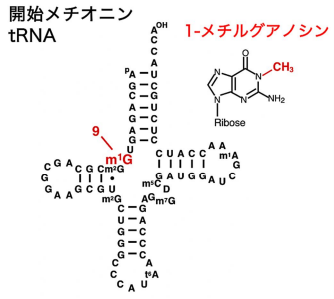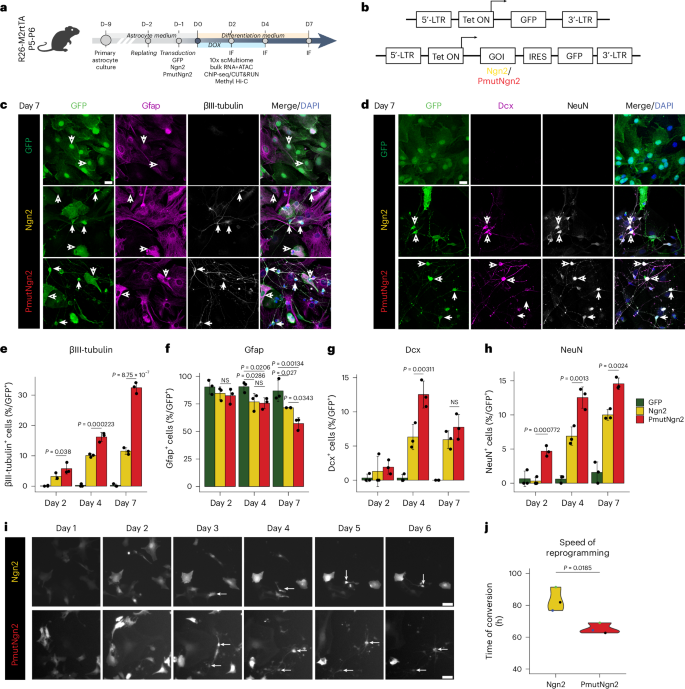2024-07-02 カナダ・ブリティッシュコロンビア大学(UBC)
<関連情報>
- https://news.ubc.ca/2024/07/protein-fats-insulin-production-tailored-nutrition/
- https://www.cell.com/cell-metabolism/fulltext/S1550-4131(24)00226-2
健康および疾患における個別栄養特異的インスリン分泌のプロテオーム予測因子 Proteomic predictors of individualized nutrient-specific insulin secretion in health and disease
Jelena Kolic,WenQing Grace Sun,Haoning Howard Cen,…,Leonard J. Foster,Patrick E. MacDonald,James D. Johnson
Cell Metabolism Published:July 02, 202
DOI:https://doi.org/10.1016/j.cmet.2024.06.001
Graphical abstract

Highlights
- Insulin secretion to 3 model macronutrients in 140 human islet donors is defined
- Deep phenotyping and multi-omics reveal personalized nutrient-specific insulin release
- A subset of donors with a unique proteome exhibits large insulin responses to lipids
- Nutrient responsiveness in stem cell-derived islets is dysregulated
Summary
Population-level variation and mechanisms behind insulin secretion in response to carbohydrate, protein, and fat remain uncharacterized. We defined prototypical insulin secretion responses to three macronutrients in islets from 140 cadaveric donors, including those with type 2 diabetes. The majority of donors’ islets exhibited the highest insulin response to glucose, moderate response to amino acid, and minimal response to fatty acid. However, 9% of donors’ islets had amino acid responses, and 8% had fatty acid responses that were larger than their glucose-stimulated insulin responses. We leveraged this heterogeneity and used multi-omics to identify molecular correlates of nutrient responsiveness, as well as proteins and mRNAs altered in type 2 diabetes. We also examined nutrient-stimulated insulin release from stem cell-derived islets and observed responsiveness to fat but not carbohydrate or protein—potentially a hallmark of immaturity. Understanding the diversity of insulin responses to carbohydrate, protein, and fat lays the groundwork for personalized nutrition.


